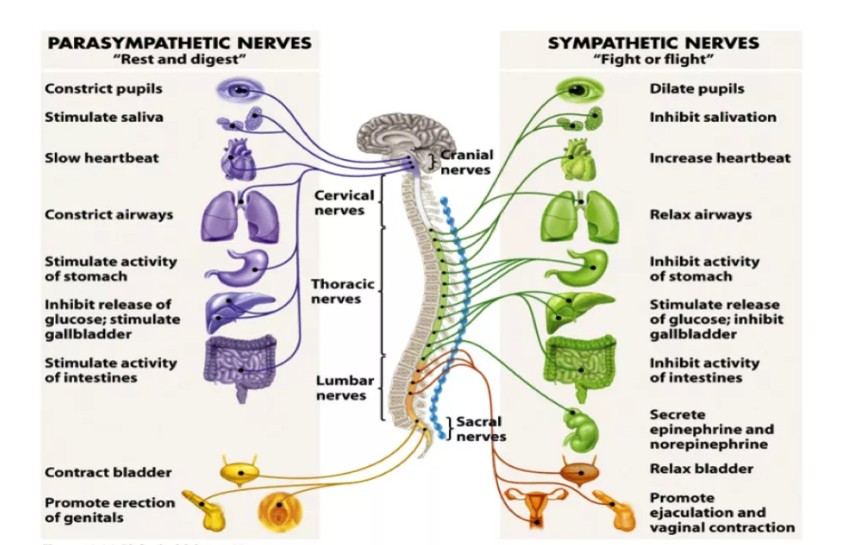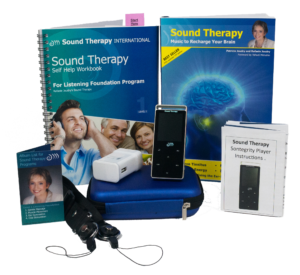I was wondering how everyone in the community was faring with the unfolding of news from around the world on the COVID-19 pandemic. How is it affecting your home life, your work, travel plans, finances, and most importantly, how you are feeling inside yourself?
When we are faced with a threat, whether it's an intruder, an aggressor or a pandemic, our nervous system — the telecommunications network of our bodies — springs into action. We have evolved over millions of years to respond to whatever nature or other beings may throw at us. We are very well equipped for this. Depending on how our mind interprets the threat, our nervous system immediately takes action and starts sending out the chemical signals that prepare our bodies for what is coming.




